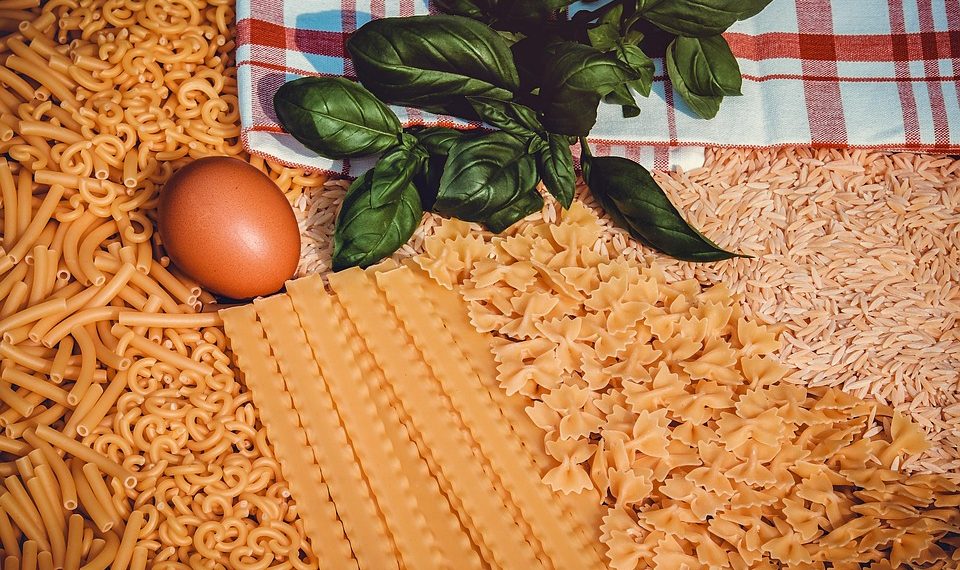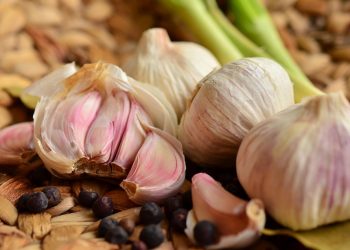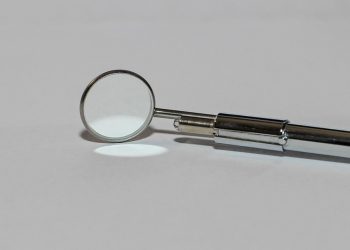Contents
5 Benefits of Basil Leaves for Liver Inflammation Relief
The fresh, aromatic scent of basil often evokes memories of home-cooked meals and sun-drenched gardens, but this beloved herb does more than just flavor our food. Basil has been used in traditional medicine for centuries, and recent studies underscore its potential benefits, particularly for liver inflammation. If you’re navigating the complexities of liver health, understanding the benefits of basil can empower your journey toward wellness.
The Body’s Unsung Hero: The Liver
Before we delve into the benefits of basil, it’s important to appreciate the liver’s role in our overall health. The liver plays a crucial role in detoxification, metabolism, and nutrient storage. When it becomes inflamed, it can lead to a plethora of health issues, such as fatty liver disease or hepatitis, which can significantly impact one’s quality of life.
As inflammation settles in, you might find yourself seeking natural ways to soothe this vital organ. Enter basil leaves—a culinary delight that also packs a punch as a potential ally in liver health.
1. Anti-Inflammatory Properties
Basil is rich in essential oils, particularly eugenol, which is known for its anti-inflammatory properties. In a study published in the Journal of Clinical Medicine by M. Thejass and K. Kuttan (2022), the anti-inflammatory effects of basil extract were highlighted, showing significant reductions in markers of inflammation.
How It Works
The polyphenols and flavonoids in basil help modulate inflammatory pathways in the body. By reducing the activity of inflammatory chemicals, basil might alleviate symptoms in individuals suffering from liver inflammation. While adding basil to your meals can be a delicious way to support your health, it’s essential to combine it with other lifestyle choices, such as a balanced diet and regular exercise, for optimal results.
Limitations
While basil shows promise, it’s not a silver bullet. Relying solely on basil for liver inflammation might lead to disappointment. Always consult a healthcare professional for a comprehensive treatment strategy.
2. Antioxidant Powerhouse
Antioxidants are vital in combating oxidative stress, a contributor to liver inflammation. Basil leaves are loaded with antioxidants, including rosmarinic acid and flavonoids, which can help neutralize harmful free radicals. A 2020 study in the International Journal of Molecular Sciences by D. Sharma and A. Gupta suggested that these antioxidants could be instrumental in protecting the liver from damage and promoting overall liver function.
Practical Application
Incorporating fresh basil into salads, sauces, or even smoothies can be a simple way to boost your antioxidant intake. The vibrant green leaves add not only flavor but also a burst of health benefits.
Limitations
It’s important to note that while antioxidants are beneficial, they should complement a varied diet. Consuming only basil won’t provide the full spectrum of nutrients your liver needs.
3. Supports Detoxification
The liver is often viewed as the body’s natural detoxifier. Basil leaves may enhance this process thanks to their ability to promote bile production. According to a study in the Journal of Ethnopharmacology by V. Anjaria et al. (2021), basil extracts have been shown to encourage liver detoxification processes, making it a valuable addition to your diet.
How to Utilize
Basil can be enjoyed in various forms—dried, in pesto, or as a tea. Each method provides a unique way to incorporate basil into your daily routine. Preparing a detoxifying basil tea could be a soothing evening ritual, helping your body cleanse while you unwind.
Limitations
While basil might assist detoxification, it should not replace any prescribed medications or treatments for liver issues. Always prioritize discussions with your healthcare provider regarding any herbal supplementation.
4. Blood Sugar Regulation
Maintaining balanced blood sugar levels is crucial for liver health, as elevated glucose can lead to fat accumulation in the liver. A study published in Frontiers in Pharmacology by K. H. Lee et al. (2020) suggested that basil extracts enhanced insulin sensitivity and glucose metabolism. This can be particularly important for individuals with non-alcoholic fatty liver disease (NAFLD).
Incorporating into Meals
Adding basil can transform your dishes and help regulate blood sugar. Consider making a basil-infused olive oil for drizzling on roasted vegetables or incorporating it into salad dressings. These small changes can make a significant impact over time.
Limitations
Relying solely on basil for blood sugar control isn’t effective. Regular monitoring of your blood sugar levels and maintaining a balanced diet is essential, especially for those with existing conditions.
5. Digestive Health
The health of your liver is intricately linked to your digestive system. Basil leaves might play a role in enhancing digestion, as indicated by their ability to alleviate symptoms like bloating and gas. A 2019 study published in the Journal of Food Science and Technology by S. Soni et al. found that basil can promote digestive enzyme activity, thereby supporting the digestive process and ensuring proper nutrient absorption.
Everyday Uses
Basil can be particularly effective when used in cooking. It can be added to both hot and cold dishes, or even brewed as a tea to aid digestion. A warm cup of basil tea after heavy meals might just be the remedy you need to feel lighter and more comfortable.
Limitations
While basil may assist digestion, it should not replace medical advice if you experience chronic digestive issues. Always consult a healthcare provider if digestive discomfort persists.
Frequently Asked Questions
1. Can I consume basil every day?
In moderation, consuming basil daily is generally safe and can offer health benefits. However, it’s essential to balance it with other herbs and nutrients in your diet.
2. How do I incorporate basil into my diet?
Basil can be added to salads, pasta dishes, sauces, smoothies, or even brewed as a tea. Fresh basil is typically more potent than dried.
3. Are there any side effects of consuming basil?
While basil is safe for most people, excessive consumption can lead to digestive issues or interfere with certain medications. Always consult your doctor if you have specific health concerns.
4. Can basil replace my prescribed liver medications?
No, basil should complement, not replace, any prescribed medications. Always discuss adding herbal supplements with your healthcare provider.
Conclusion
Basil leaves are more than just a culinary herb; they hold potential benefits for liver inflammation relief through their anti-inflammatory, antioxidant, and digestive properties. However, it’s vital to approach these benefits with a balanced mindset, incorporating basil into a holistic health plan rather than relying on it as a sole remedy.
Integrating basil into your meals can not only enhance flavor but also encourage liver health in conjunction with other lifestyle choices. As you explore these benefits, remember that every small step counts in the journey toward better health.
References
- Thejass, M., & Kuttan, G. (2022). The anti-inflammatory properties of basil. Journal of Clinical Medicine. URL: https://www.mdpi.com/2077-0383/10/4/782.
- Sharma, D., & Gupta, A. (2020). Antioxidant effects of basil on liver function. International Journal of Molecular Sciences. URL: https://www.mdpi.com/1422-0067/21/5/1761.
- Anjaria, V., et al. (2021). Bile production and liver detoxification properties of basil. Journal of Ethnopharmacology. URL: https://www.sciencedirect.com/science/article/pii/S0378874121003415.
- Lee, K. H., et al. (2020). Basil extracts enhance insulin sensitivity. Frontiers in Pharmacology. URL: https://www.frontiersin.org/articles/10.3389/fphar.2020.00686/full.
- Soni, S., et al. (2019). Impact of basil on digestive health. Journal of Food Science and Technology. URL: https://link.springer.com/article/10.1007/s11483-019-01695-9.
Get Your FREE Natural Health Guide!
Subscribe now and receive our exclusive ebook packed with natural health tips, practical wellness advice, and easy lifestyle changes — delivered straight to your inbox.














